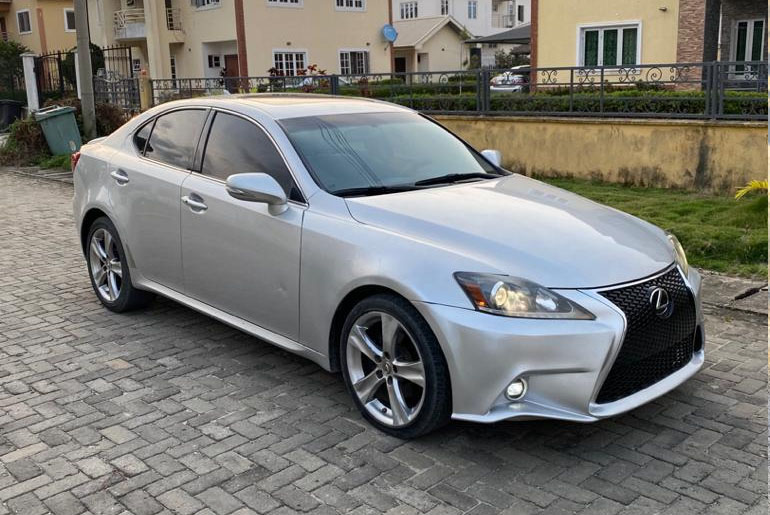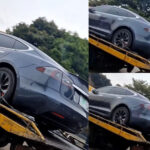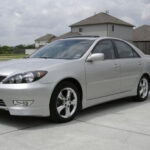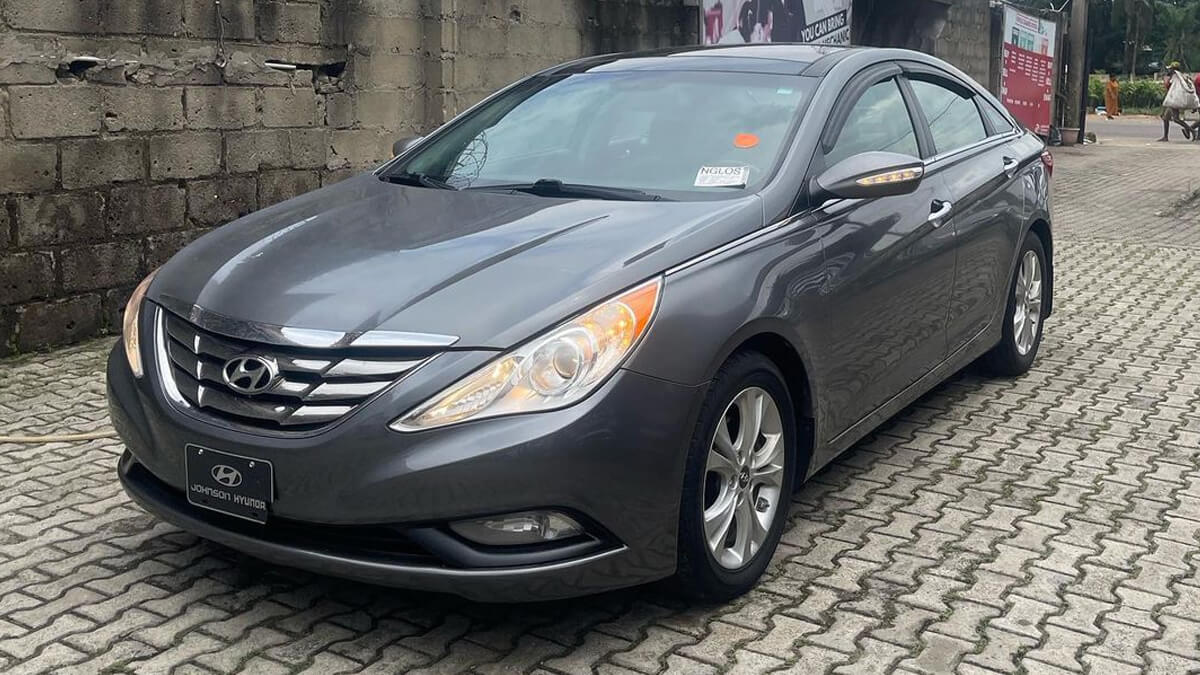This article takes a look at the worst of the worst engines ever made. But instead of focusing on just classic engines or modern mistakes, it focuses on both classic and modern car engines. Some were known to be a failure from day one, while others just were realized to be terrible after a while.
- Lexus IS 250’s 2.5 V6 Engine
Lexus may have offered a plethora of modern technologies, but the lacklustre motor from the previous generation IS 250 was anything but athletic. Power came from a pipsqueak of a 2.5-litre V6. It was both undersized and overly constricted by power-robbing emissions systems.
On a good day, the V6 produced 204 horsepower and 185 pound-feet of torque, which is barely more than what you’ll find in the old Honda Civic Si, which had two fewer cylinders. In 2013, Car reviewer expert Consumer Reports referred to the old Lexus 250 as “neither sporty nor luxurious. Critics didn’t like the overall fuel economy ratings, at a 20/23/27 average.
- Mitsubishi Mirage’s 3-cylinder Engine
The vehicle’s engine produced an abysmal 78 horsepower. That was all you could get from the Mitsubishi Mirage’s three-cylinder. Car review site Car and Driver said about the engine: “There is basically nothing to make a driver happy to be at the helm of a Mirage, nothing to love.”
The 1.2-litre sewing machine has extremely slow acceleration, and critics claim highway passing is both time-consuming and dangerous. Buyers can also expect a great deal of racket from the motor. One critic at Kelley Blue Book referred to it as “more noise, vibration, and harshness than you’ll get by putting bolts in a blender.”
- Cadillac V8-6-4
In 1981, the engineers at Cadillac decided to make an engine with cylinder-deactivating capabilities, much like what you see on many vehicles today. It was named the V8-6-4 (i.e., Displacement On Demand). This engine had the ability to deactivate or activate two cylinders at a time as power requirements demanded.
But the motor’s custom hydraulic lifters were controlled by failure-prone solenoids, and lifters would collapse when they didn’t engage properly. This made throttle hesitation a major issue. And when cylinders deactivate, enormous amounts of lag are present, especially in such a heavy chassis. This problem was so widespread that dealers began to bypass the system. In today’s modern cars, cylinder deactivation works great, but 36 years ago, the technology just wasn’t there.
- Chevrolet 2.2-liter Ecotec
You should watch out for the pre-2006 generation Chevy 2.2-liter Ecotec engine. The four-cylinder engine was infamous for refusing to provide power or reliability. Offered in everything from the Cavalier to the S-10 pickup, press reviews at the time urged buyers to stay away from these engines.
While a lack of power and durability were bad, corroding freeze plugs after 50,000 miles was one of the first-gen Ecotec’s major weaknesses. The editors at Hot Rod said, “It’s no wonder GM used absolutely no engineering or design from this engine when developing the (new) Ecotec.”
- Jaguar V12
Car experts found that heat tends to be the cause of most V12 Jaguar engine issues. Since ignition and fuel were in close proximity to one another, both were prone to failure over time. While this design alleviates space constraints, many still view these engines as ticking time bombs.
Jaguar’s electrical system was also affected by the V12. The wiring closest to the engine would unravel and fry from the heat, causing electrical gremlins.
Conclusion
While no vehicle engine delivers 100%, at least a majority of them are in a sound state. But, the above engines listed are different from one of them, and you should take note before purchasing them.
Have 1 million naira and above to Buy or Sell Cars In Nigeria? Check carlots.ng
All rights reserved. Reproduction, publication, broadcasting, rewriting, or redistribution of this material and other digital content on carmart.ng is strictly prohibited without prior express written permission from Carmart Nigeria - Contact: [email protected]







